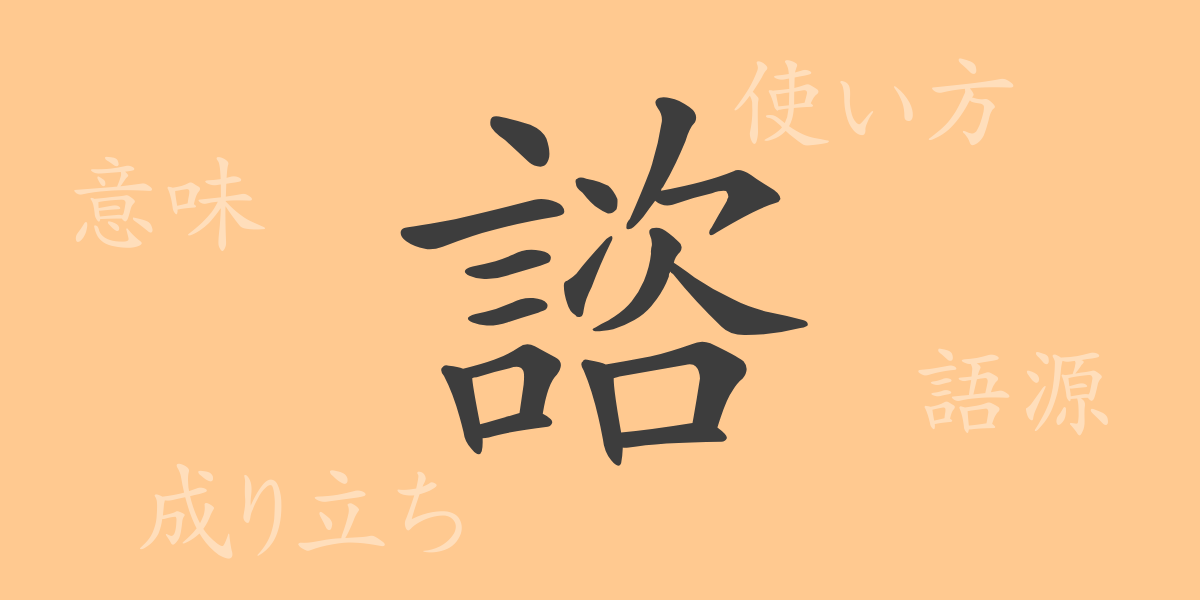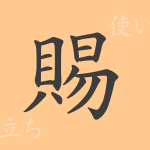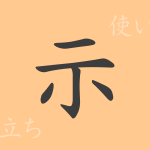Japanese contains a rich vocabulary that expresses emotions, philosophy, and subtle nuances. Among these, the common kanji “諮(し)” is not often seen in everyday life but holds significant concepts. This article delves into the origins, meanings, usage, readings, and related idioms of “諮(し),” exploring the depth of this character.
Origins of 諮(し) (Etymology)
The kanji “諮(し)” has evolved from ancient Chinese oracle bone script. It originally combined the radical “示(しめ.す),” meaning “god,” with “咨(し),” representing sound, signifying consulting the gods. Over time, it came to be used more broadly to mean consultation or inquiry.
Meaning and Usage of 諮(し)
The kanji “諮(し)” means to consult or seek advice. It is frequently used in formal documents and legal contexts as “諮問(しもん),” meaning “to seek expert opinion.” For instance, “専門家に諮問する(せんもんかにしもんする)” means “to consult an expert.” It can also be used in personal contexts, such as “友人に諮る(ゆうじんにはかる),” meaning “to consult a friend.”
Readings, Stroke Count, and Radical of 諮(し)
Let’s explore the characteristics of the kanji “諮(し)” in Japanese.
- Reading: The on’yomi (音読み) reading is “シ(し),” and there is no kun’yomi (訓読み) reading.
- Stroke count: 16 strokes
- Radical: The radical is “言(ことばへん),” related to words and speech.
Idioms, Phrases, and Proverbs Using 諮(し)
Examples of idioms and phrases using “諮(し)” include:
- 諮問(しもん): Seeking professional opinion or advice.
- 諮詢(しじゅん): Consulting or inquiring, and the response.
- 諮議(しぎ): Discussing and consolidating opinions.
These expressions are mainly used in formal documents and business settings.
Conclusion on 諮(し)
The kanji “諮(し)” is used to express the act of consulting or seeking advice. Its usage spans from professional contexts to everyday conversations, playing an important role in Japanese communication. Understanding and using this kanji correctly allows for richer expression.

























